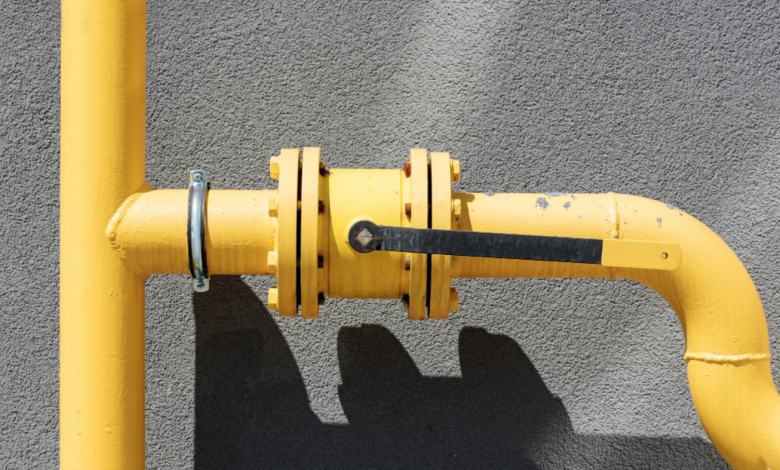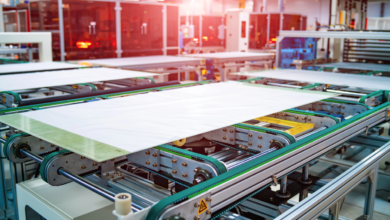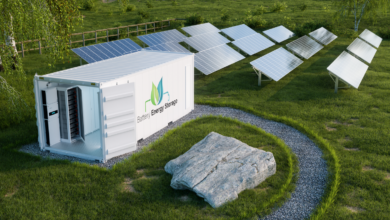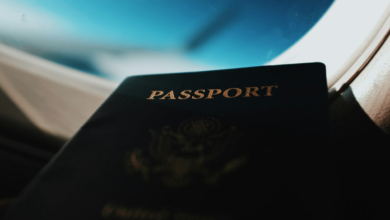A coordinated European approach to securing energy imports
(Sustainabilityenvironment.com) – The joint purchase of gas is no longer as individual nations, but as a “Bloc of Countries” to exploit the political weight of the Union and the collective community market for the purposes of energy security. The European Commission has established the EU platform for this purpose, for the gas purchase agreement, hydrogen and LNG. A voluntary coordination mechanism bringing together the executive and the Member States.
The first virtual meeting was held on 7 April 2022, attended by the Director General of Energy, Ditte Juul Jørgensen and representatives of the Twenty-seven.
The meeting was held almost simultaneously with the publication of the European Union’s new quarterly gas report. Analyzing the last three months of 2021, the document once again highlights the exceptional volatility of gas prices. Whose TTF spot price went from 85 €/MWh to a record 183 €/MWh on 21 December. A value even exceeded in 2022 with the outbreak of the War in Ukraine. Contemporaneously the analysis evidence as the supplies of Russian gas pipelines is diminished by 24% on annual basis, covering only 37% of the net imports of gas extra-EU in the fourth trimester of 2021. The lowest share in the last eight years.
“It is clear that the European Union is too dependent on Russia for its energy needs,” explained Frans Timmermans, Executive Vice President for the European Green Deal. “The answer lies in renewable energy and, in the most immediate period, in the diversification of supply. Through the EU energy purchasing platform, Member States can now work together to purchase gas from other suppliers and to develop an international hydrogen market for the benefit of all countries“.
The EU platform for the joint purchase of gas, hydrogen and LNG
The EU platform for the joint purchase of gas, hydrogen and LNG will in fact operate on several fronts. The first is that of the sharing of demand. Maximize leverage and attract reliable supplies from global markets at stable prices.
“This will make it possible to move, where appropriate, towards joint purchases“, underlines the Union’s press release
The second front on which the platform will act is the coordination of actions to maximize the absorption of LNG imports. Comply with gas storage obligations and ensure security of supply, also helping to identify future hydrogen infrastructure needs.
Finally, the EU energy purchasing system will also coordinate and strengthen the Union’s international reach in gas markets.
“This work will take into account partners’ supply capacities, long-term contracts and existing and planned interconnections and storage infrastructures in the EU”.
In order to ensure access to market knowledge and expertise on the gas supply chain, the Commission will set up a dedicated Advisory Working Group composed of industry experts. The group will have an advisory role and will operate in compliance with EU antitrust rules, with strong safeguards against conflict of interest.






